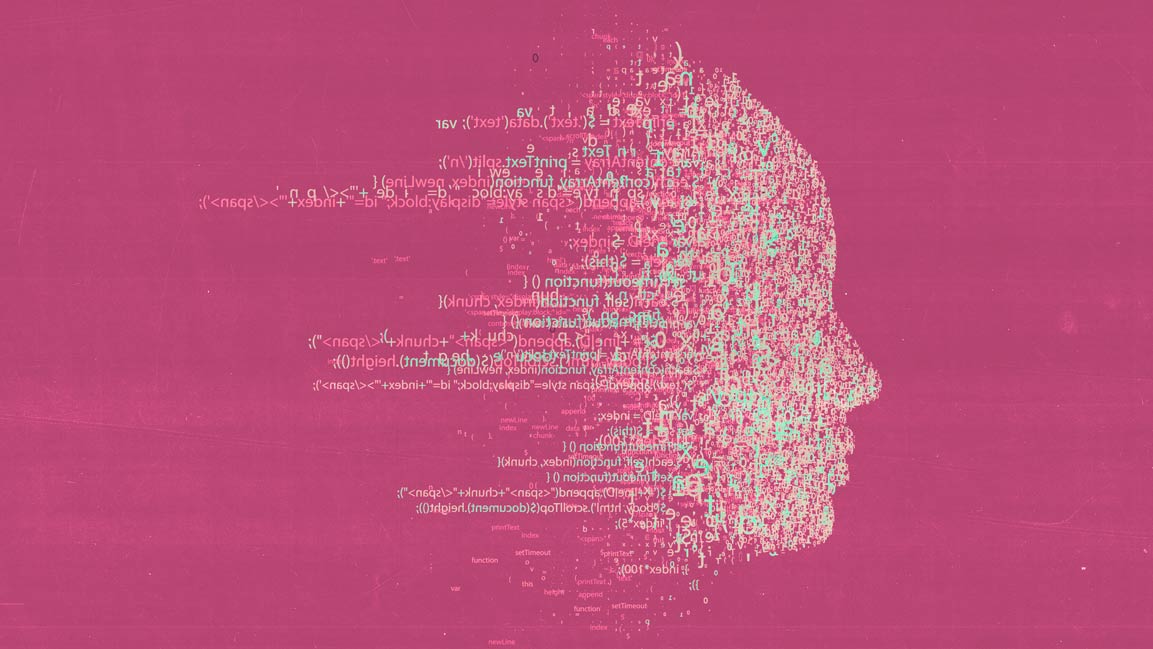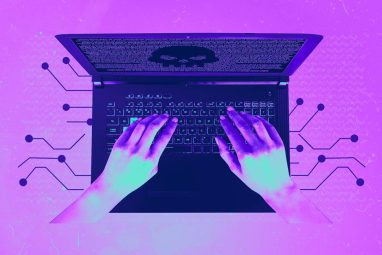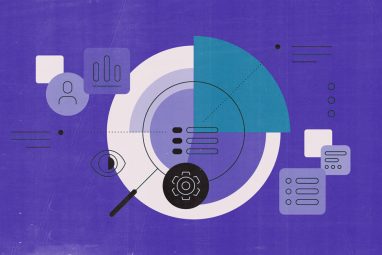OpenAI Issues Warning on AI’s Acceleration From Inside the Fast Lane
The company warned that the gap between what AI can do and how it is actually used is widening, leaving society largely unprepared.
Topics
News
- Altman’s AI Energy Comparison to Human Development Draws Flak
- Why Open Networks, DPIs Are Key to Scaling Social Impact
- Anthropic Expands Claude Into Code Security With AI Reasoning
- IBM Expands GovTech Push in India With Lucknow AI Center
- Tata Communications, RailTel Partner to Upgrade Network for AI Era
- Microsoft Taps Asha Sharma to Lead Gaming as Spencer Retires

Image source: Chetan Jha/MITSMR India]
OpenAI has issued a striking public warning about the rapid development of artificial intelligence. In a recent blog post, shared by CEO Sam Altman on X, the company stated that AI is advancing faster than most people realize and is “80% of the way to an AI researcher,” with capabilities approaching the ability to make original scientific discoveries.
The post emphasizes that while these advancements could create significant opportunities, they also present serious risks if appropriate safety measures are not implemented. OpenAI warned that these risks could be “potentially catastrophic” if safeguards are not developed in time. It noted that many people still view AI as limited to chatbots and search tools, while current systems are already capable of outperforming humans in complex intellectual tasks.
According to OpenAI, AI is expected to be capable of making minor discoveries by 2026, and by 2028 and beyond, “we are pretty confident we will have systems that can make more significant discoveries.” The company highlights that AI is beginning to show the ability to generate new knowledge in areas such as science and medicine.
The pace of AI development has been rapid. OpenAI noted that the cost of achieving a given level of intelligence in AI systems has dropped roughly 40-fold each year, allowing tasks that once took humans hours or days to be completed by machines in seconds. The company warned that the gap between what AI can do and how it is actually used is widening, leaving society largely unprepared.
The blog also raised concerns about superintelligent AI, which could improve itself without human input. OpenAI stated, “No one should deploy such systems until proven methods exist to align and control them safely.” The company outlined several steps it believes are necessary to manage these risks, including shared safety standards among frontier labs, public oversight and regulation, a global AI resilience ecosystem similar to cybersecurity, and ongoing reporting to track AI’s real-world impact.
Despite the risks, OpenAI noted that AI could have broad societal benefits. The post cited potential applications in healthcare, climate science, materials research, and personalized education, describing AI as a “foundational utility” that could support human goals while requiring safeguards to prevent harm.






